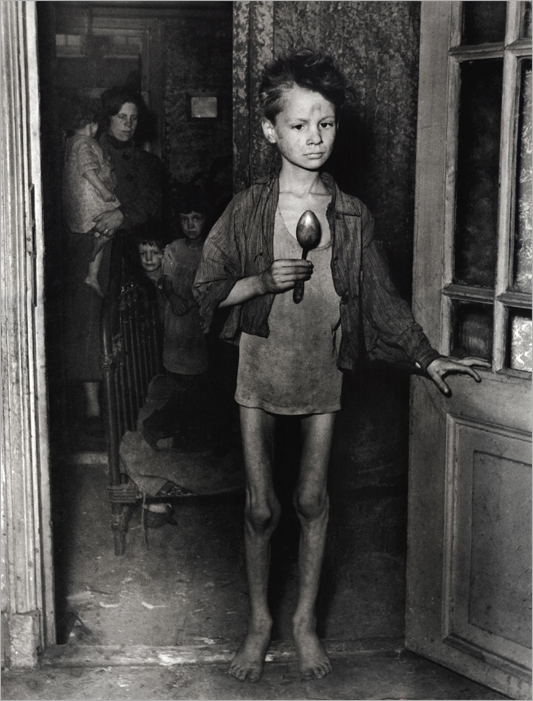The Dutch Hunger Winter
The Dutch hunger
winter was a food academic which took place in 1944 to 1945. During this famine
the calorie in take went from being a
normal amount of 2000 to 1000 and by the end of the year 1944 the average
calorie intake was about 500. The famine
came as a result from the rapid decrease
of food stocks in the cities in the western Netherlands, due to German blockades that cut off the food and
fuel shipments from farm areas in order to punish the reluctance of the Dutch
to aid the Nazi war effort. Approximately
22,000 people died, but worst then then was the effect the famine had on the infants whose mothers were exposed to
famine around conception or during pregnancy based on Last Menstrual Period. 

The study looked at Three
region during the famine west, north, and south. Results found that, In the west region of the famine, children exposed
to severe food deprivation during the first trimester showed a substantial
increase for hospitalized schizophrenia in women, but not in men. However Moderate
food deprivation during the first trimester, was not associated with increased
risk of schizophrenia. In the regions in
the north and south, due to smaller numbers, there was no exposure to severe famine. However
children exposed to moderate food
deprivation (during the first trimester) illustrated a inclination towards increased risks of
schizophrenia in women. The findings of
this experiment suggested that early
prenatal nutrition can have a gender-specific effect on the risk of
schizophrenia. This suggested that the
stress of war can causes serious health problems such as cardiovascular
disease. Stress hormones, due to starvation, within the mothers blood during the famine prompted a change in developing nervous
systems within the child. Stress can
also effect the ability to learn, can cause depression, as well as other
psychiatric disorders.
No comments:
Post a Comment